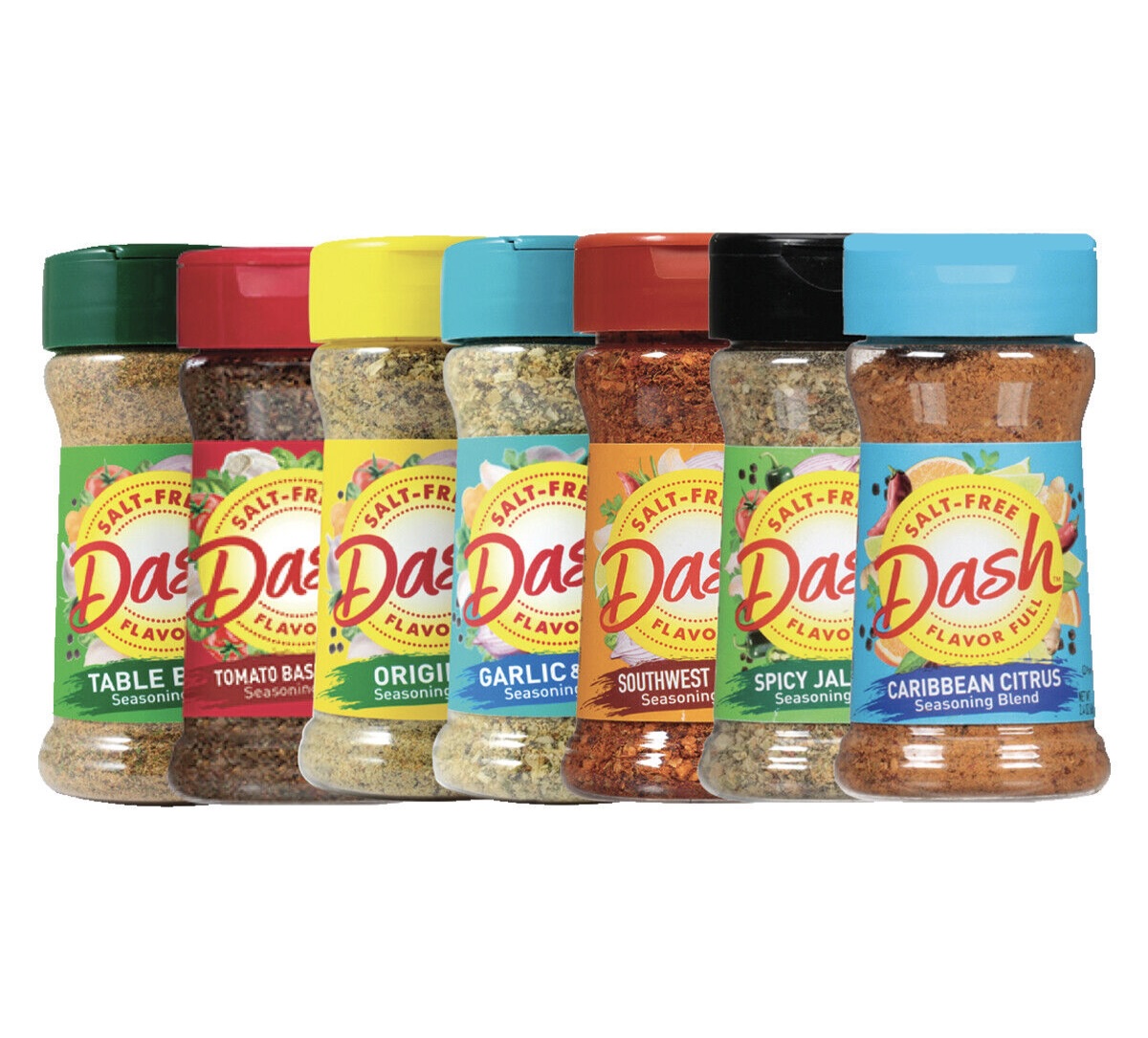Our Response to A Reader’s IMPORTANT Concern
A couple weeks ago, one of our Cook’n readers, Kathy, wrote to express her concerns about the excessive amounts of salt that often shows up in some of the recipes we share in our articles. She asked if we could do some research around the health concerns and share this information. We thought this was a good idea, because odds are, Kathy isn’t the only reader out their that needs to watch the salt intake.

So here you go—the results of my digging into this topic. I’m so glad Kathy brought this to our attention. As you read on, you’ll see why.
According to the World Health Organization (WHO), almost everyone consumes too much sodium, and it's associated with several health risks. The American Heart Association (AHA) recommends 1,500 milligrams of sodium per day for ideal heart health, but 90% of Americans consume MUCH more than that. Take a look at these health risks:
CARDIOVASCULAR DISEASE is the first big health risk associated with eating too much salt. High sodium intake can increase blood pressure, which is a risk factor for stroke and heart disease, the leading causes of death in the United States.

KIDNEY DISEASE is the next critical issue. Chronic excess salt intake is a factor that also leads to kidney failure. The kidneys excrete salt, but when blood pressure is high, they tend to hold onto it instead. This can cause fluid buildup around the heart and lungs, and swollen ankles. Over time, the kidneys just can’t keep up.
BRAIN BLOOD VESSEL DAMAGE is another scary issue. High sodium intake can damage blood vessels and change the brain stem's behavior, which regulates blood pressure and salt balance. This will lead to stroke and other health issues.
WATER RETENTION is another problem and is a big red flag that you’re ingesting too much salt. The kidneys try to maintain a specific sodium-to-water ratio in the body, so they hold onto extra water to compensate for excess sodium. This will cause bloating, puffiness (especially in the hands, ankles, and feet). And then weight gain follows on the heels of water retention.

SLEEP DISTURBANCES commonly occur when too much salt is eaten, especially around dinner time. Eating too much salt before bed can cause restless sleep, waking up often, and not feeling rested in the morning.
ENLARGED HEART MUSCLE, HEADACHES, OSTEOPOROSIS, KIDNEY STONES, and STOMACH CANCER are other major health risks associated with high salt intake.
The research is solid and abundant: eating far less salt is a wise, life-saving idea. Some ways to reduce salt intake include eating unprocessed foods with little to no added salt, making your own dishes using low-salt recipes, and experimenting with various spices as a way to replace the salt in recipes (Mrs. Dash, for instance).

Do any of you have favorite salt-replacement recommendations (products, recipes, cooking tips)? We’d love your input on this serious topic. And here’s a big thanks to Kathy for suggesting we address this important concern!
 Alice Osborne
Alice Osborne
Weekly Newsletter Contributor since 2006
Email the author! alice@dvo.com
